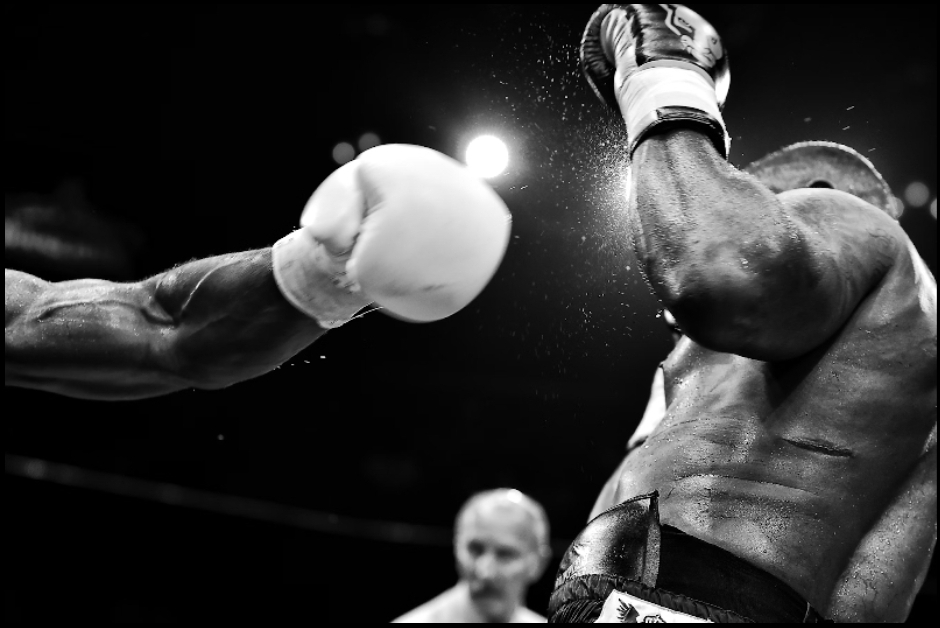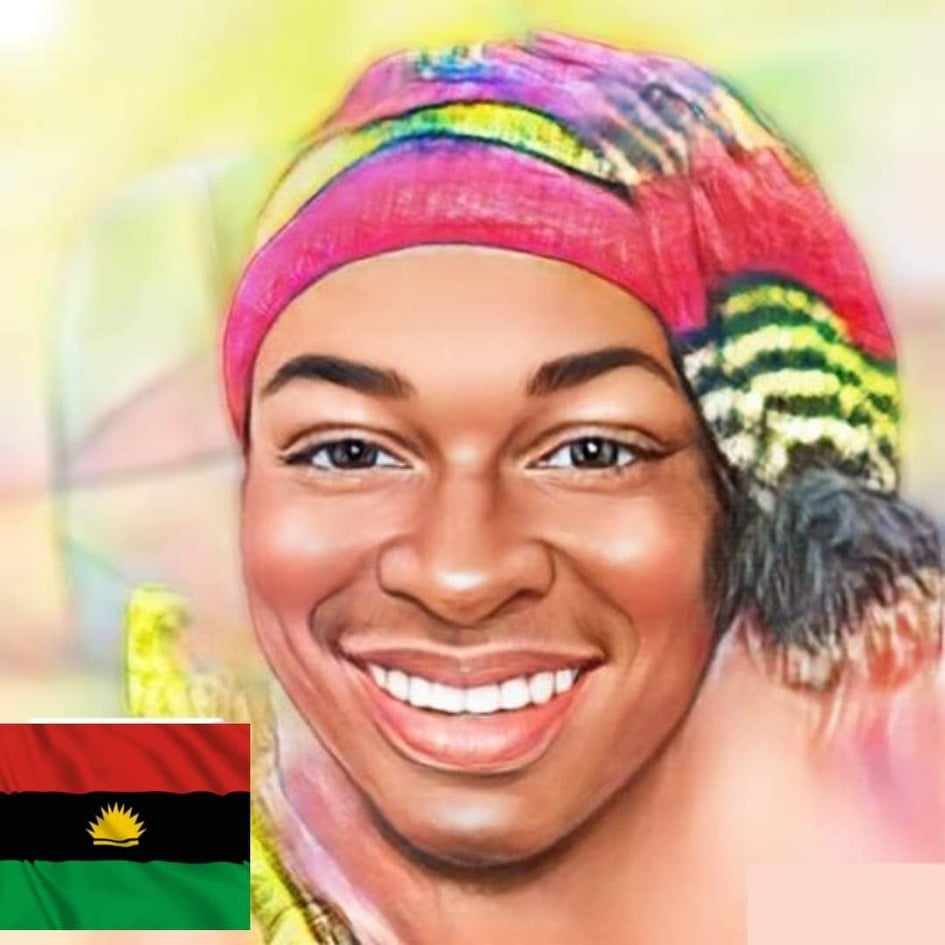History comes rushing back whenever African boxers step into the ring. These are not just mere boxers, but phenomenal heroes. They happen to be one of several nations’ strongholds. Their wins not only revolutionized the sport, but proved to the world that there are no limitations when it comes to success. From winning belts and being champs to working out in the run-down gyms, they had the hope of everyone resting on them and threw punches that resonated around the world.
Early pioneers who opened the door
A few bold names paved the way for the upsurge of African boxing in the mainstream. Hogan “Kid” Bassey of Nigeria became the very first African world champion in 1957. For fans today looking to follow the legacy or place bets, platforms like MelBet South Africa login offer easy access to major boxing events. His victory was not just for himself—it opened the door for an entire continent. He proved that African fighters did not just have to step into the ring; they could rule it.
Thereafter, came Dick Tiger, also from Nigeria who, in the 1960s, became famous for holding world titles in two weight divisions. He fought the greats Gene Fullmer and Joey Giardello—and won. He was a legend of sorts who, because of his immense power and unparalleled boxing skills, earned respect globally. These early champions had no resources or popularity, but they had the spirit—and that is what made the difference.

The rise of modern African champions
New faces emerged as Africa’s boxing evolved internationally, capturing belts and republishing records. They came with speed, power, and something more… Fire.
Some of my favorites include:
- Azumah Nelson (Ghana): One of the greatest African boxers. Two world titles. Case closed.
- Samuel Peter (Nigeria): WBC heavyweight champion 2008. Known for his brute knockout ability.
- Vuyani Bungu (South Africa): Defended his IBF title 13 times. No African boxer has done that since.
- Anaclet Wamba (Congo): Gained the WBC cruiserweight title in 1991 and defended his title 8 times after.
They didn’t just win. They completely own their divisions. It’s safe to say they gave their people pride, and every athlete in a corner of Africa watching hopes to surpass them one day.
African dominance in specific weight classes
African boxers were not only victors; they completely dominated certain categories. Their abilities were in perfect alignment with the weight-specific requirements which included swiftness, endurance, or raw strength. As time passed by, Africa was recognized as a dominant force in both middleweight and heavyweight divisions. Each division witnessed greats emerge, reign, and profoundly impact the world.
Middleweight heroes
Pure class from the Democratic Republic of Congo, Sumbu Kalambay had slick defense and flawless footwork. In 1987, he shocked fans by outboxing Mike McCallum for the WBA title—not with brute force, but with sharp intelligence. Opponents missed again and again. His style was smart, clean, and masterful.
From Uganda, Ayub Kalule also made history. An Olympic standout turned pro, he claimed the WBA light-middleweight title in 1979 and defended it four times. Even after losing to Sugar Ray Leonard in 1981, his global respect remained untouchable. Kalule proved African fighters could outthink and outlast the best in the world.
Heavyweight powerhouses
Samuel Peter was a true giant. In 2008, the ‘Nigerian Nightmare’ bulldozed Jermaine Basile and then Oleg Maskaev to take the WBC title, showcasing his brute strength and courage with a staggering combination of a stiff uppercut and a hook. His iron chin and knockout fists routinely entertained fans by giving adrenaline-fueled fights in the ring.
After him, there came Corrie Sanders from South Africa. In 2003, he shocked the world by destroying Wladimir Klitschko in two short rounds. The timing, precision and almost reckless bravery turned him from a nobody into a household name. Sanders brought disorder to a division that was too predictable. When the heavyweights from Africa came, they didn’t create questions, they provided answers by finishing the fight.
Impact on youth and local boxing scenes
The African champions not only secure themselves a belt, but they also secure entire communities. In the case of Ghana, when Azumah Nelson started to dominate world boxing he created a population boom in Accra filled with people willing to open helicopter boxing schools. In Nigeria, Sam Peters was able to win the WBC heavyweight title, and his success indeed injected fresh hope among aspiring grassroots fighters. Children who used to fight in the streets now have access to proper coaching, gloves, and an actual shot at pursuing their dreams.
Vuyani Bungu was Midlasane’s greatest living boxer, he single-handedly transformed the area into a serious boxing center. On the whole continent, the local tournaments are always ready to fill the venues. Some up-and-coming stars, practice their skills in the backyard, in the garage with the homemade ring, sandbags, and old tires, but they are the hungriest of fighters. The next champion might just be crying right now, chopping away at his future; every time he throws a punch a new reality is being imprinted.
Global recognition and future potential
Having top promoters sign African boxers alongside them headlining Vegas sports cards is global betting news. The youth explosion combined with the championship role models in place proves detraining under a tin roof is a thing of the past, Africa is the future of boxing.
+15856533044, +15856533044



